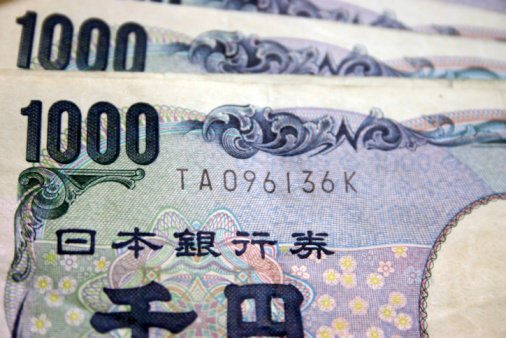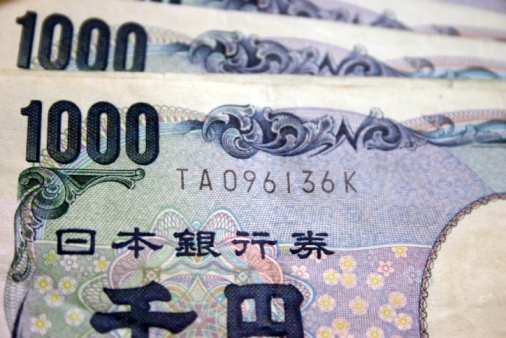
Markets
Today was a non-starter of the new trading week. An empty eco calendar and reduced volumes (US bond markets closed in observance of Columbus Day) resulted in a meaningless session. Volatility was low with the VIX index further declining to September lows near 25. Other financial markets just continued their recent path due to lack of other news. For equities that meant another green session both in the EMU (+0.7%) and the US (up to +1.5%). Core bonds, ie German Bunds, hovered sideways, going nowhere in the all-too-familiar way. The 10y yield trades near -0.54%. The area -0.54/-0.57% area is an import support from which the 10y yield really fails to take off in recent weeks. In other European bond news, the EU will begin selling its social bonds in the second half of October to finance SURE. The crisis programme worth €100bn is designed to support the troubled European labour market. Issuance for the €750 bn European recovery fund will start by the end of the second quarter 2021, budget Commissioner Hahn said today, adding the average maturity will be 15 years. The bloc will enter the green bond market for a third of this NextGen EU fund. Peripheral spread tightening resumed today with Italy and Greece narrowing both 2 bps.
The US dollar traded uninspired within very narrow ranges. The trade-weighted DXY revisited the 93 barrier after opening higher during Asian dealings but avoided a break lower. DXY is currently trading around 93.1. That’s more or less unchanged vs. opening levels but off intraday highs at around 93.2. EUR/USD in mirror trading briefly went below 1.18 but reversed course shortly after. The currency pair is changing hands just north of 1.18(1). USD/JPY weakened even as risk sentiment was rather constructive. The duo extends losses after failing to push through 106 on Friday, filling bids at 105.32 for the moment. Sterling held steady in the mid 0.90/91 zone despite lingering Brexit uncertainty and the October 15 (unofficial) deadline looming. Johnson called with EU leaders this weekend but that yielded no major result.
News Headlines
Inflation in India unexpectedly jumped from 6.69% In August to 7.34% in September. The reading was well above the market expectation for a limited rise. The move was mainly driven by a further rise in food prices. Even so, inflation is rising further beyond the topside of the 4% (+/-2% ) target band of the Reserve bank of India. Last week, the bank left its policy rate unchanged at 4%. The central bank has an accommodative policy bias, but high inflation is preventing the RBI to ease policy further.
Czech CPI inflation declined more than expected in September, by -0.6% M/M, bringing the Y/Y reading to 3.2% from 3.3% (3.5% Y/Y was expected). Inflation remained slightly above the upper bound around the CNB’s 2% inflation target, but was 0.4% lower than the current CNB forecast. Especially food prices were lower than expected. By contrast, annual core inflation remains significantly higher than the CNB forecasted.
The Noble prize in Economic Sciences has been awarded to Paul Milgrom and Robert Wilson of the Sanford University for improvements to auction theory and new auction formats. According to the Nobel prize committee this is “benefiting sellers, buyers and taxpayers around the world.” Amongst others, their auction formats were used for allocating mobile phone frequencies, but are also applied to sales of fishing quotas or airport landing slots.


 Signal2forex.com - Best Forex robots and signals
Signal2forex.com - Best Forex robots and signals




